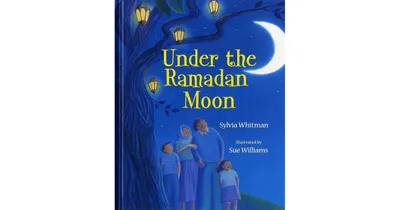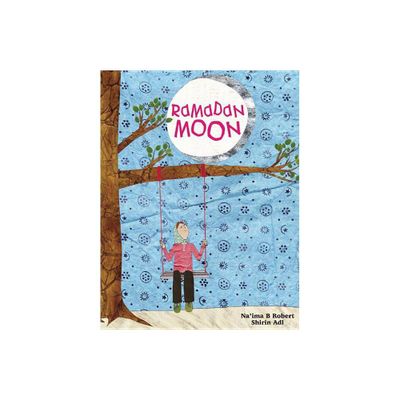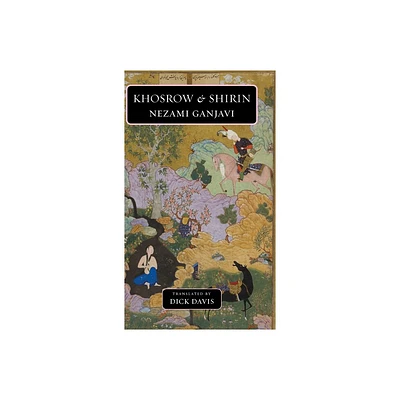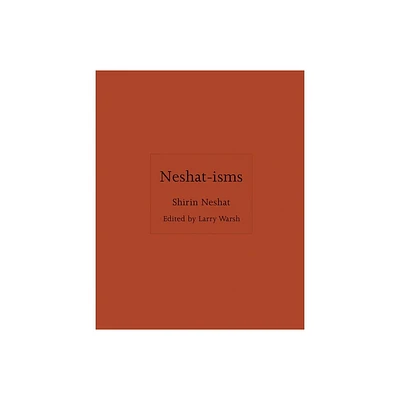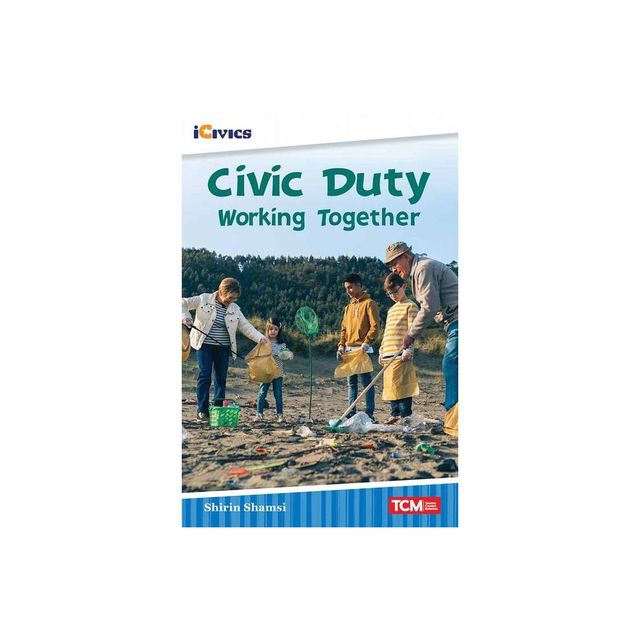Home
Moon Watchers: Shirin's Ramadan Miracle
Loading Inventory...
Barnes and Noble
Moon Watchers: Shirin's Ramadan Miracle
Current price: $9.95


Barnes and Noble
Moon Watchers: Shirin's Ramadan Miracle
Current price: $9.95
Loading Inventory...
Size: OS
*Product Information may vary - to confirm product availability, pricing, and additional information please contact Barnes and Noble
First time in Paperback!
Skipping Stones Multicultural Honor Award
Alliance Award
Maine Literary Awards, Finalist
Looking through the tall trees in their backyard in Maine, Shirin and her dad search for a glimpse of the new moon, the sign that the month of Ramadan has begun. Ramadan is a time when Muslims around the world pray, fast, and pay special attention to doing good deeds. Shirin is nine and thinks she should be able to fast like her older brother Ali, but her parents feel she is still too young to go without food and water all day. When Shirin catches Ali sneaking food after school, she wonders: Should she tattle or is this an opportunity for a good deed? Shirin feels left out when the others break their fasts to have their own meals after dark and in the early morning, before it is light again. But then her grandmother tells a story that shows her a way she can feel more a part of Ramadan and the traditions and closeness her family enjoys during this special month of the year. Her good deeds result in a surprise for everyone!
For Muslim people around the world, Ramadan is a month-long time for prayer, fasting, and charity. This "month of blessing" is not viewed as a time of hardship but instead as a time to develop self-discipline and increase awareness of and compassion for the poor and the hungry. It is a time to deepen connection with Allah through prayer and community. For this much-anticipated month, Muslim people gather together in homes, shops, and restaurants to break their fasts and pray. Islam uses a lunar calendar, so the timing of Ramadan depends on the cycles of the moon. Ramadan lasts a lunar month: from new moon to full moon and back to new moon. Ramadan always begins on the first night of the new moon of the ninth month of the year. Because the lunar calendar's months are shorter than the solar calendar's months, Ramadan appears to "move" from year to year. As a result, fasting (no food or water) during the winter months is not quite so much a challenge as fasting during long, hot summer days. It is the custom to start the day with a pre-dawn meal called suhoor, then not eat or drink again until after the sun has set. That post-daylight meal is called iftar. Sharing these pre-dawn and post-sunset meals is an important part of community and family bonding, which is part of why Shirin feels a bit left out. Ramadan is as important to many Muslims as Christmas and Easter are to many Christians, and Passover, Yom Kippur, and Rosh Hashanah are to many Jewish people. Ramadan ends with a gift-giving celebration called Eid ul-Fitr, which means "festival of breaking the fast." Moon Watchers could promote conversations about:
Sibling rivalry
Making ethical decisions
Food, culture, and religious holidays
Lessons that can be learned from the experience of fasting
The role of the lunar calendar in Islam and other religions
Diverse family traditions and practices for holidays
Fountas and Pinnell Level R
Skipping Stones Multicultural Honor Award
Alliance Award
Maine Literary Awards, Finalist
Looking through the tall trees in their backyard in Maine, Shirin and her dad search for a glimpse of the new moon, the sign that the month of Ramadan has begun. Ramadan is a time when Muslims around the world pray, fast, and pay special attention to doing good deeds. Shirin is nine and thinks she should be able to fast like her older brother Ali, but her parents feel she is still too young to go without food and water all day. When Shirin catches Ali sneaking food after school, she wonders: Should she tattle or is this an opportunity for a good deed? Shirin feels left out when the others break their fasts to have their own meals after dark and in the early morning, before it is light again. But then her grandmother tells a story that shows her a way she can feel more a part of Ramadan and the traditions and closeness her family enjoys during this special month of the year. Her good deeds result in a surprise for everyone!
For Muslim people around the world, Ramadan is a month-long time for prayer, fasting, and charity. This "month of blessing" is not viewed as a time of hardship but instead as a time to develop self-discipline and increase awareness of and compassion for the poor and the hungry. It is a time to deepen connection with Allah through prayer and community. For this much-anticipated month, Muslim people gather together in homes, shops, and restaurants to break their fasts and pray. Islam uses a lunar calendar, so the timing of Ramadan depends on the cycles of the moon. Ramadan lasts a lunar month: from new moon to full moon and back to new moon. Ramadan always begins on the first night of the new moon of the ninth month of the year. Because the lunar calendar's months are shorter than the solar calendar's months, Ramadan appears to "move" from year to year. As a result, fasting (no food or water) during the winter months is not quite so much a challenge as fasting during long, hot summer days. It is the custom to start the day with a pre-dawn meal called suhoor, then not eat or drink again until after the sun has set. That post-daylight meal is called iftar. Sharing these pre-dawn and post-sunset meals is an important part of community and family bonding, which is part of why Shirin feels a bit left out. Ramadan is as important to many Muslims as Christmas and Easter are to many Christians, and Passover, Yom Kippur, and Rosh Hashanah are to many Jewish people. Ramadan ends with a gift-giving celebration called Eid ul-Fitr, which means "festival of breaking the fast." Moon Watchers could promote conversations about:
Sibling rivalry
Making ethical decisions
Food, culture, and religious holidays
Lessons that can be learned from the experience of fasting
The role of the lunar calendar in Islam and other religions
Diverse family traditions and practices for holidays
Fountas and Pinnell Level R

